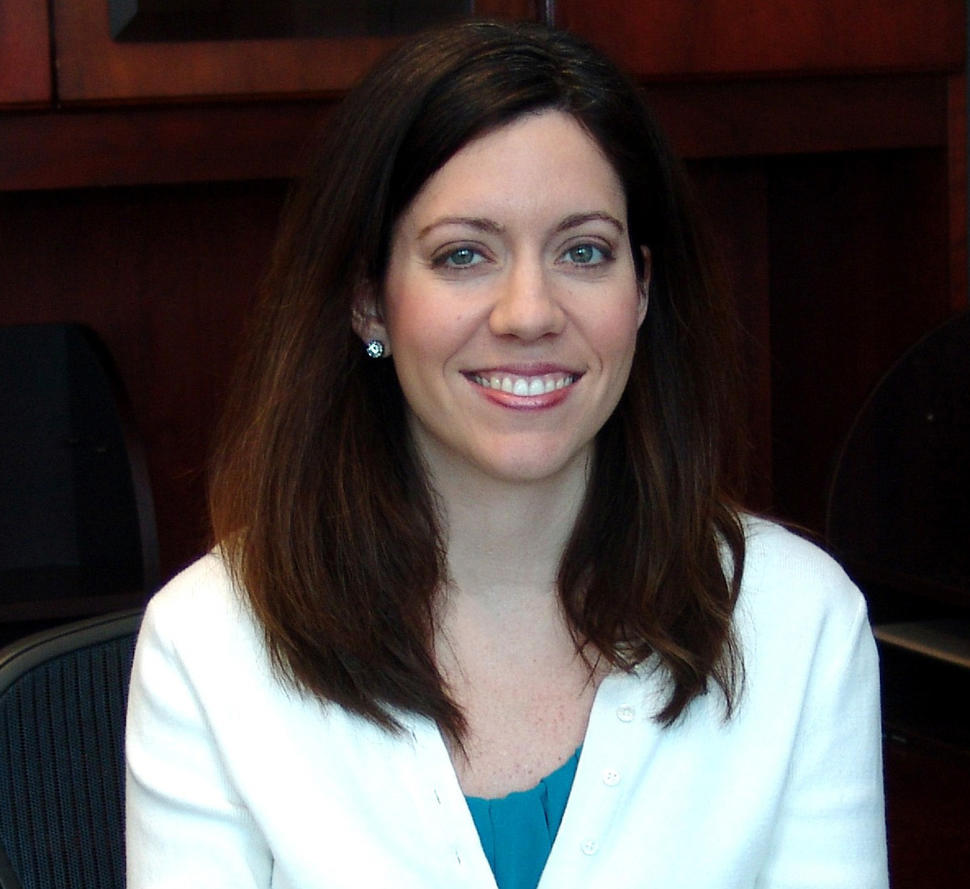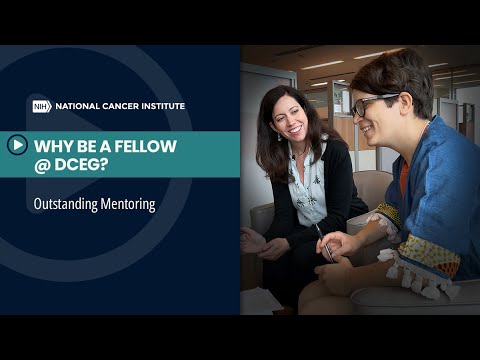
Cari Kitahara, Ph.D.
NCI Shady Grove | Room 7E456
Biography
Dr. Kitahara is an epidemiologist and senior investigator in the Radiation Epidemiology Branch and a member of the Cancer Survivorship Research Unit. She earned a B.S. (2005) in biology and biological anthropology (dual concentration) from the University of Michigan, Ann Arbor, and an M.H.S. (2008) and Ph.D. (2011) in cancer epidemiology from the Johns Hopkins Bloomberg School of Public Health, in Baltimore, Maryland. She joined the Radiation Epidemiology Branch in 2008 as a predoctoral fellow and was promoted from postdoctoral fellow to research fellow in 2011. In 2015, she was appointed as a tenure-track investigator, and in 2021 was awarded scientific tenure by the NIH.
Dr. Kitahara is internationally recognized for her research on medical radiation exposure and cancer and on the etiology of thyroid cancer. She has held leadership positions in the American Thyroid Association, including service on the Board of Directors and the Scientific Program Committee. She also serves on the Abstract Committee of the International Society of Radiation Epidemiology and Dosimetry (ISoRED). Since 2018, she has served as an editor of Thyroid. Dr. Kitahara received the 2012 NCI Outstanding Achievement in Science Seminar Series Award, the 2017 NCI Director's Individual Award of Merit, and the 2017 NCI Director’s Intramural Innovation Award for her innovative approaches to the study of thyroid cancer etiology. In 2018, she received the prestigious Van Meter Award from the American Thyroid Association for her research on thyroid cancer etiology and late effects of radioactive iodine treatment, and in 2022, she received the Rosalind Franklin Award in Science for her paper published in Thyroid on changing trends in the treatment of localized papillary thyroid cancer in the United States.
The results of Dr. Kitahara's research program have contributed to the development of evidence-based clinical practice recommendations.
Research Interests
Occupational Radiation Exposure and Cancer
Medical radiation workers are routinely monitored for radiation exposure as part of worker-safety measures and thus provide a unique setting for studying the late effects of repeated, low-dose exposures to radiation.
Dr. Kitahara is the principal investigator of the U.S. Radiologic Technologists Study, and studies risks of cancer and other serious diseases associated with occupational exposure to radiation from diagnostic and therapeutic medical procedures. Much of her work focuses on exposures from nuclear medicine and fluoroscopically-guided interventional procedures. Some of these procedures are being performed with increasing frequency over time, potentially yielding greater cumulative exposure to the medical workers who perform them. Findings from these studies may inform radiation protection practices for occupationally exposed radiation workers and, more broadly, improve our understanding of the health effects of chronic, low-dose radiation exposures.
Patient Exposures to Medical Radiation and Cancer Risk
Although the use of ionizing radiation to diagnose and treat multiple disorders has revolutionized the medical field and provided tremendous benefits for patients, these exposures come with potential health risks. Clinical decisions rely on the results of high-quality studies that precisely quantify these risks.
Dr. Kitahara is leading a large cohort of childhood cancer patients undergoing radiotherapy (the Proton and Photon Therapy Comparison Cohort), which is currently enrolling patients from across multiple pediatric cancer treatment centers in the United States and Canada. The goal of this study is to compare the risk of second cancers in patients treated with proton versus photon radiotherapy and to examine these risks across a range of doses to exposed organs and tissues.
In addition, Dr. Kitahara studies second cancer risks after radioactive iodine treatment, commonly used in the management of benign thyroid conditions (e.g., Graves’ disease) and differentiated thyroid cancer, and serves as the principal investigator of the Cooperative Thyrotoxicosis Therapy Follow-up Cohort, the largest and longest-standing study of patients treated for hyperthyroidism using radioactive iodine, antithyroid drugs, and/or surgery. These studies have linked higher doses of radioactive iodine treatment with elevated risks of leukemia and solid cancer, including female breast cancer.
Etiology of Thyroid Cancer
Dr. Kitahara’s research utilizes data from large international cohorts and consortia to address long-standing and new hypotheses regarding the influence of environmental and lifestyle-related exposures on the risk of thyroid cancer. She also examines the role of changing diagnostic practices, including over-diagnosis, on thyroid cancer incidence trends in the United States and more broadly.
Mentoring
Dr. Kitahara strongly values her role as a mentor and leader of a diverse, multidisciplinary, and enthusiastic research team.
Current Fellows
Former Fellows
Cato Milder, PhD, Postdoctoral Fellow
Thi-Van-Trinh Tran, PhD, Visiting Postdoctoral Fellow
Elisa Pasqual, MD, PhD, Visiting Postdoctoral Fellow
André Rose, PhD, MBBCh, MMed, FCPHM(SA), Visiting Postdoctoral Fellow
Ai Seon Kuan, MD, MSc, Visiting Predoctoral Fellow
Daphnée Villoing, PhD, Research Fellow
David Borrego, PhD, Research Fellow
Marie-Odile Bernier, PhD, Visiting Fellow
Raquel Velazquez-Kronen, MS, Predoctoral Fellow
Thomas O’Grady, PhD, MPH, Postdoctoral Fellow
Hyeyeun Lim, PhD, Visiting Postdoctoral Fellow
Miriam Van Dyke, MPH, Postbaccalaureate Fellow
Melissa Braganza, MPH, Postbaccalaureate Fellow
Information for Journalists
To request an interview with a DCEG investigator, please complete this form: Request For Comment | HHS.gov.

